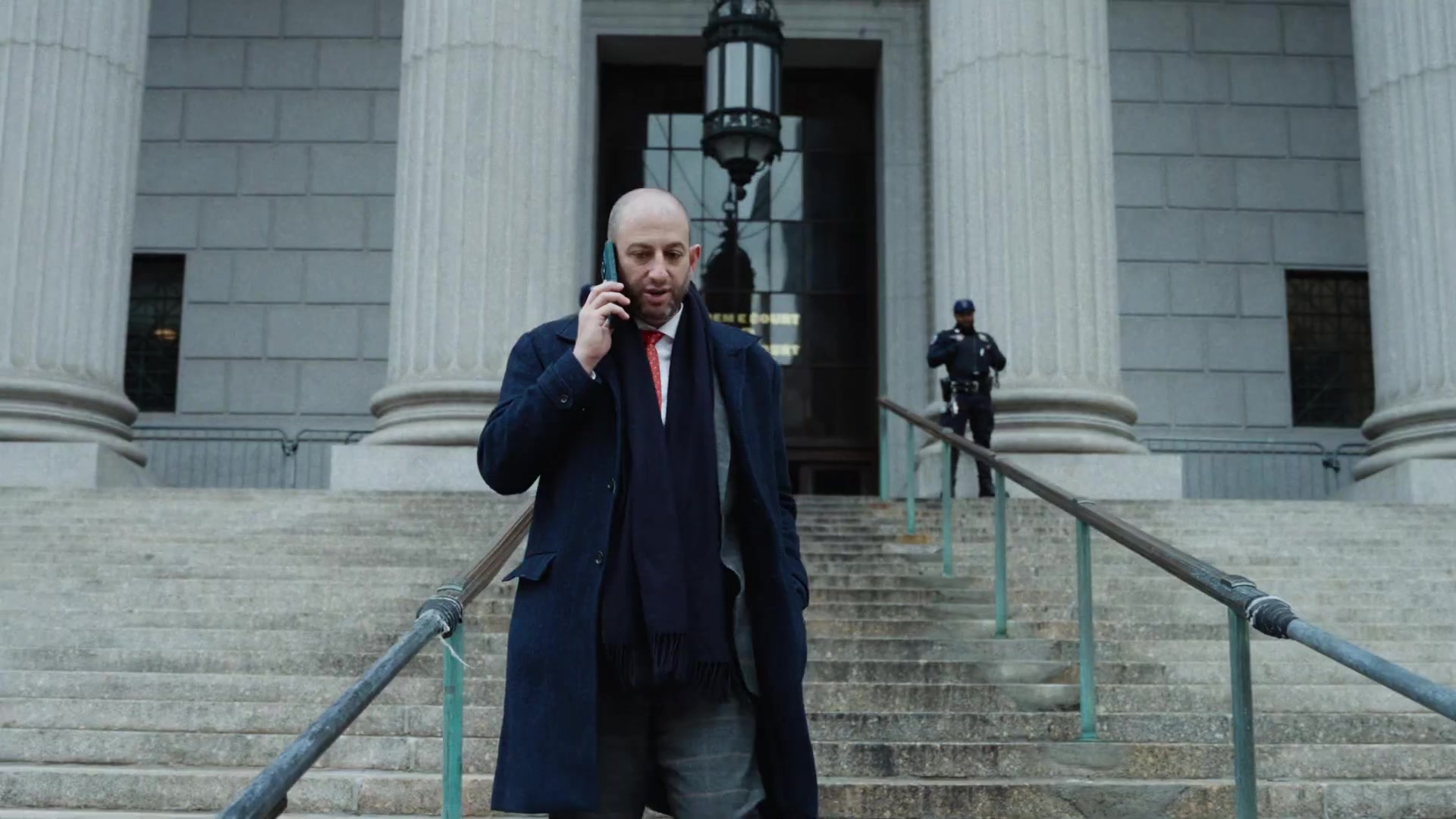New York Penal Code 130.30: Rape in the Second Degree
Rape is a very serious crime that can have lasting effects on victims. In New York, rape laws are covered under Article 130 of the New York Penal Code. One of the most commonly charged rape offenses is Rape in the Second Degree, which is defined in Section 130.30 of Article 130. This article will provide an overview of the New York law regarding Rape in the Second Degree, including the legal definition, penalties if convicted, and possible defenses. We'll also look at some real-world examples and discuss the larger implications of this law.Definition of Rape in the Second Degree
According to Section 130.30 of the New York Penal Code, a person is guilty of Rape in the Second Degree when:- Being eighteen years old or more, he or she engages in sexual intercourse with another person less than fifteen years old; or
- He or she engages in sexual intercourse with another person who is incapable of consent by reason of being mentally disabled or mentally incapacitated.
Penalties for Rape in the Second Degree
A conviction for Rape in the Second Degree is considered a Class D felony under New York law. This means potential penalties can include:- Up to 7 years in prison
- Up to 5 years of post-release supervision
- Up to $5,000 in fines
- Having to register as a sex offender
- The defendant's prior criminal record
- Use of violence or weapons
- Age of the victim
- Severity of emotional/physical trauma to the victim
- Evidence presented at trial
Defenses to Rape in the Second Degree Charges
There are some potential legal defenses that a defendant could raise against Rape in the Second Degree charges:Consent
15,000+
Federal Cases Filed Annually
90%
Plea Before Trial
Mistake of Age
If the victim was under 15, the defendant could potentially argue they reasonably believed the victim was over the age of consent based on their appearance or what they were told. But this can be a difficult defense to prove.False Accusations
In some cases, the defense may claim the victim is falsely accusing the defendant out of anger, jealousy, or for other reasons. But again, compelling evidence would be required.Intoxication
Voluntary intoxication is not a defense to rape. However, if the defendant was involuntarily intoxicated to the point of lacking criminal intent, this may potentially be raised as a mitigating factor. An experienced criminal defense lawyer can advise on the best legal defenses to pursue based on the specifics of the allegations.Notable Rape in the Second Degree Cases
Looking at real-world examples can help illustrate how Rape in the Second Degree charges are applied:People v. Liberta (1984)
In this landmark case, New York's highest court struck down the state's marital rape exemption as unconstitutional. The court ruled that marriage does not imply irrevocable consent to sexual relations.People v. Iniguez (2009)
This case involved a defendant convicted of Rape 2 for having sex with his girlfriend's 12-year old daughter. He appealed the conviction, arguing the girl was capable of consent. But the appellate court upheld the conviction.People v. Williams (2011)
Here, a defendant was charged with Rape 2 but acquitted based on a consent defense. The court found there was reasonable doubt about lack of consent based on evidence the victim voluntarily went to the defendant's apartment.Implications and Analysis

Defense Team Spotlight
Todd Spodek
Lead Attorney & Founder
Featured on Netflix’s “Inventing Anna,” Todd brings decades of experience defending clients in complex criminal cases.
- The law is designed to protect young people and mentally incapacitated individuals from sexual exploitation.
- Harsh penalties aim to punish perpetrators and deter future offenses.
- But sentencing standards could be improved to better fit circumstances.
- The consent defense illustrates the complexity of "he said, she said" rape cases.
- More work is needed to combat misconceptions about sexual violence.
- Society must grapple with balancing punishment with rehabilitation for offenders.
- If statutory rape laws should consider closeness in age.
- When intoxication crosses into incapacitation.
- If sex offender registries do more harm than good.
- The prevalence of false rape accusations.
Conclusion
Rape in the Second Degree is one of the most serious rape offenses under New York criminal law. The legal definition covers victims under 15 or those mentally incapacitated. Potential penalties include years in prison and sex offender registration. But defendants do have due process rights and defenses available. Understanding the law's intricacies, limitations, and social impact is vital as we seek justice for victims while upholding constitutional rights.Frequently Asked Questions
No. You have the right to remain silent and the right to an attorney. Invoke both rights immediately and contact Spodek Law Group.
Every case is different. We offer free initial consultations to evaluate your case and discuss our fee structure.
An arraignment is your first court appearance where charges are formally read. You enter a plea and bail may be set. Having an attorney present is critical.








